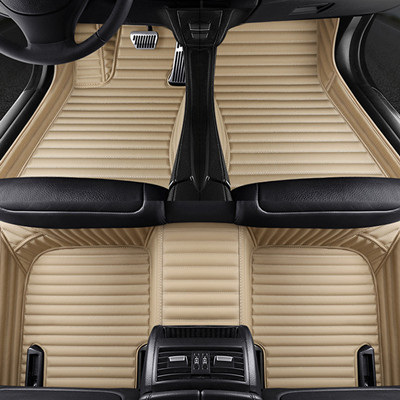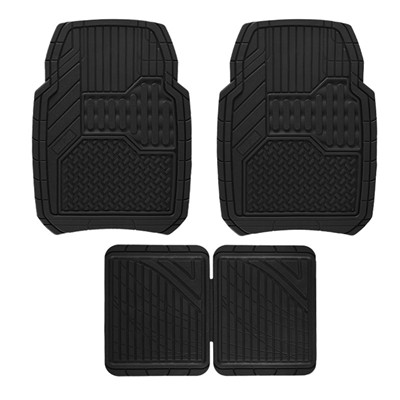If you’re looking for an eco-friendly car cover, consider materials that are sustainable, biodegradable, or made from recycled materials. Here are some eco-friendly car cover materials to consider:
- Recycled Polyester (RPET): Car covers made from recycled polyester are an eco-friendly choice. RPET fabric is created by recycling PET (polyethylene terephthalate) plastic bottles. It helps reduce plastic waste and conserves resources.
- Bamboo Fiber: Bamboo is a fast-growing and renewable resource. Car covers made from bamboo fibers are biodegradable and eco-friendly. They also have natural antibacterial and moisture-wicking properties.
- Hemp: Hemp fabric is eco-friendly because hemp plants require fewer pesticides and water compared to other crops like cotton. It’s a strong and durable material suitable for car covers.
- Organic Cotton: Organic cotton is grown without synthetic pesticides and fertilizers, making it a more environmentally friendly choice compared to conventional cotton. Car covers made from organic cotton are biodegradable.
- Tencel (Lyocell): Tencel is a sustainable fabric made from wood pulp, typically sourced from eucalyptus, beech, or spruce trees. It’s known for its softness, breathability, and eco-friendly production process.
- Recycled Fabrics: Look for car covers made from a blend of recycled materials, including recycled polyester, nylon, or other sustainable fibers. These materials help reduce waste and environmental impact.
- Canvas: Natural canvas car covers, made from cotton or a cotton-blend, can be an eco-friendly option. They are biodegradable and breathable.
- Cork Fabric: Cork is a sustainable and renewable material made from the bark of cork oak trees. While it may not be commonly used for car covers, it’s an environmentally friendly choice for other automotive accessories.
- Jute: Jute is a natural fiber that’s biodegradable and requires minimal water and pesticides to grow. While it may not be as commonly used for car covers, it’s worth considering for eco-friendly options.
When searching for an eco-friendly car cover, look for certifications like GOTS (Global Organic Textile Standard) for organic materials or OEKO-TEX Standard 100 for textiles tested for harmful substances. Additionally, consider the overall sustainability of the manufacturing process, including energy consumption, water use, and waste reduction.
Keep in mind that while the material of the car cover is essential, the overall eco-friendliness also depends on the production processes and transportation methods used by the manufacturer. Research the company’s sustainability practices and look for reviews and certifications to ensure the car cover aligns with your eco-friendly values.




















